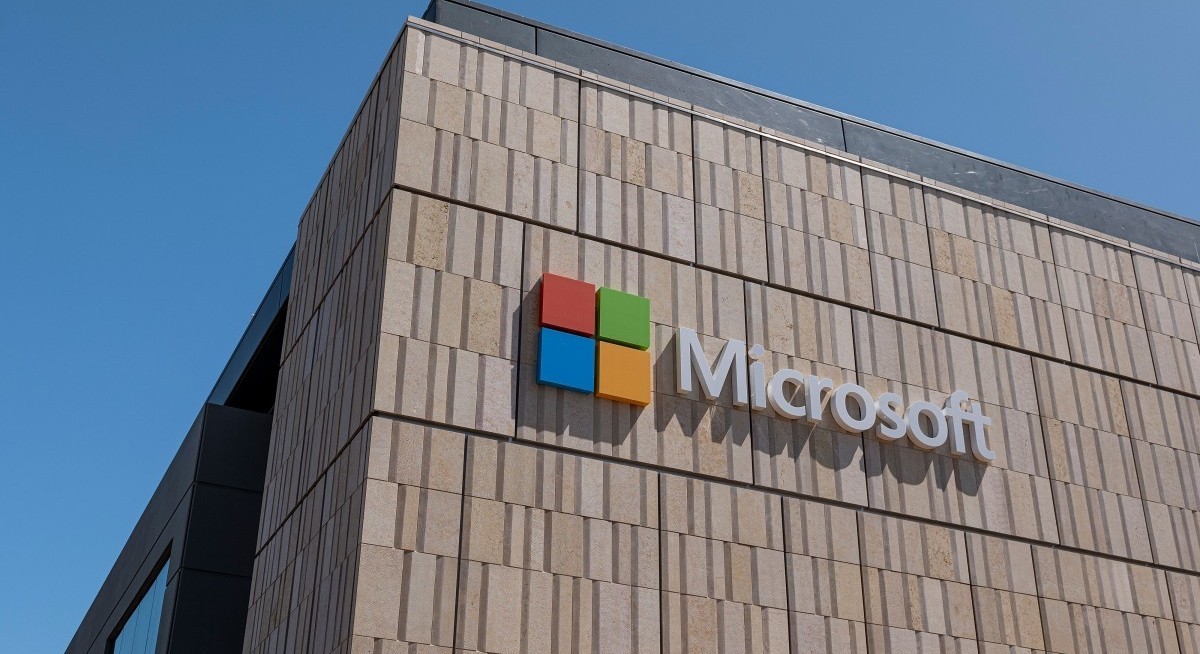“We think of Microsoft Research Asia not only as a talent engine and a fundamental research laboratory, but also as a bridge. [It’ll be] a bridge between theory and practice, between East and the West, between academic work and industrial development, and between Singapore and Microsoft,” says Peter Lee, president of Microsoft Research, at the launch.
Lidong Zhou, Microsoft’s corporate vice president and managing director of Microsoft Research Asia, adds: “By working closely with Singapore’s research and innovation ecosystem, we aim to accelerate scientific discovery and build AI technologies that drive real impact for industry, society and individuals alike.”
The Singapore lab will focus on applying AI to key industries, namely healthcare, financial services, manufacturing, transport and logistics, and energy and sustainability.
In healthcare, for example, the lab will collaborate with SingHealth to develop AI capabilities for personalised analysis and improved diagnostic accuracy.
See also: Microsoft’s new programme targets faster AI rollouts in Singapore
“The collaboration aims to establish a pathology research workload that can identify and analyse features in pathology images, correlate them with clinical behaviours, treatment responses and outcomes, and integrate machine-discovered features with individual patient data. This may enable clinicians to make more precise outcome predictions and prescribe treatment tailored to each individual patient," says Professor Ng Wai Hoe, SingHealth’s group chief executive officer.
The initiative will be built on Microsoft Research Asia’s multimodal biomedical foundation model and trained further using SingHealth’s high-resolution pathology data.
“We will begin this endeavour through dynamic learning and increasing model sophistication. [While this initiative] starts with colorectal cancer, we anticipate developing AI-enabled tools for application across various other cancers and diseases,” adds Ng.
See also: AI race: Alphabet, Amazon, Meta and Microsoft set for US$650 bil capex this year
The Singapore lab's research agenda supports Singapore's National AI Strategy 2.0. "The refreshed national AI strategy aims to maximise the potential of the technology for both economic and society. We are very focused on sharpening our AI capabilities in areas of national importance, alongside education, urban solutions, sustainability, and healthcare," says Dr Tan See Leng, Minister for Manpower and Minister-in-charge of Energy and Science & Technology at the Ministry of Trade and Industry, at the same event.
He adds: "It is our hope that Microsoft Research Asia’s presence will inspire even more companies to leverage AI to build a more vibrant innovation ecosystem in Singapore and in critical areas that can advance our humanity."
On the talent front, the lab will collaborate with Singapore’s local universities to drive both fundamental and applied research, while giving students hands-on experience. The universities include the National University of Singapore (NUS), Nanyang Technological University, Singapore, and Singapore Management University.
The launch of the Singapore lab builds on Microsoft Research Asia’s five-year collaboration agreement with NUS, signed earlier this year, to accelerate AI research and nurture computing talent in the region.
Although the Singapore lab is new, Microsoft Research Asia has engaged in more than 70 joint research projects and trained 85 interns and 13 PhD fellows in the city-state since 2004.
The Singapore facility becomes the 14th lab in Microsoft’s global research network, which includes locations in Beijing, Shanghai and Tokyo.




